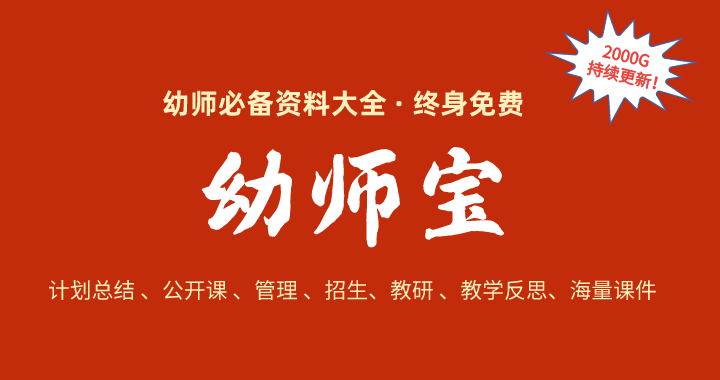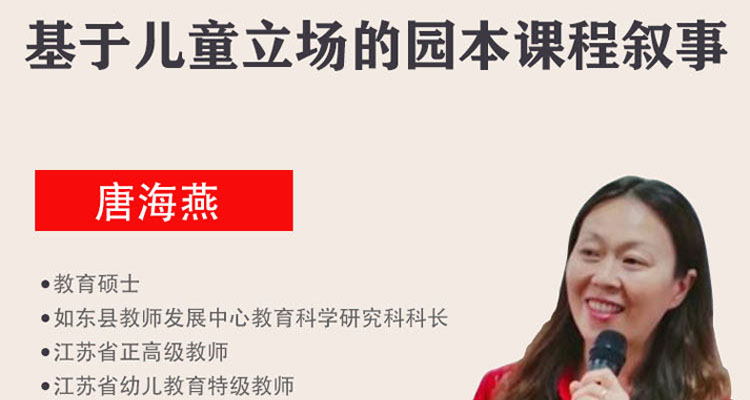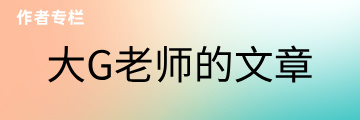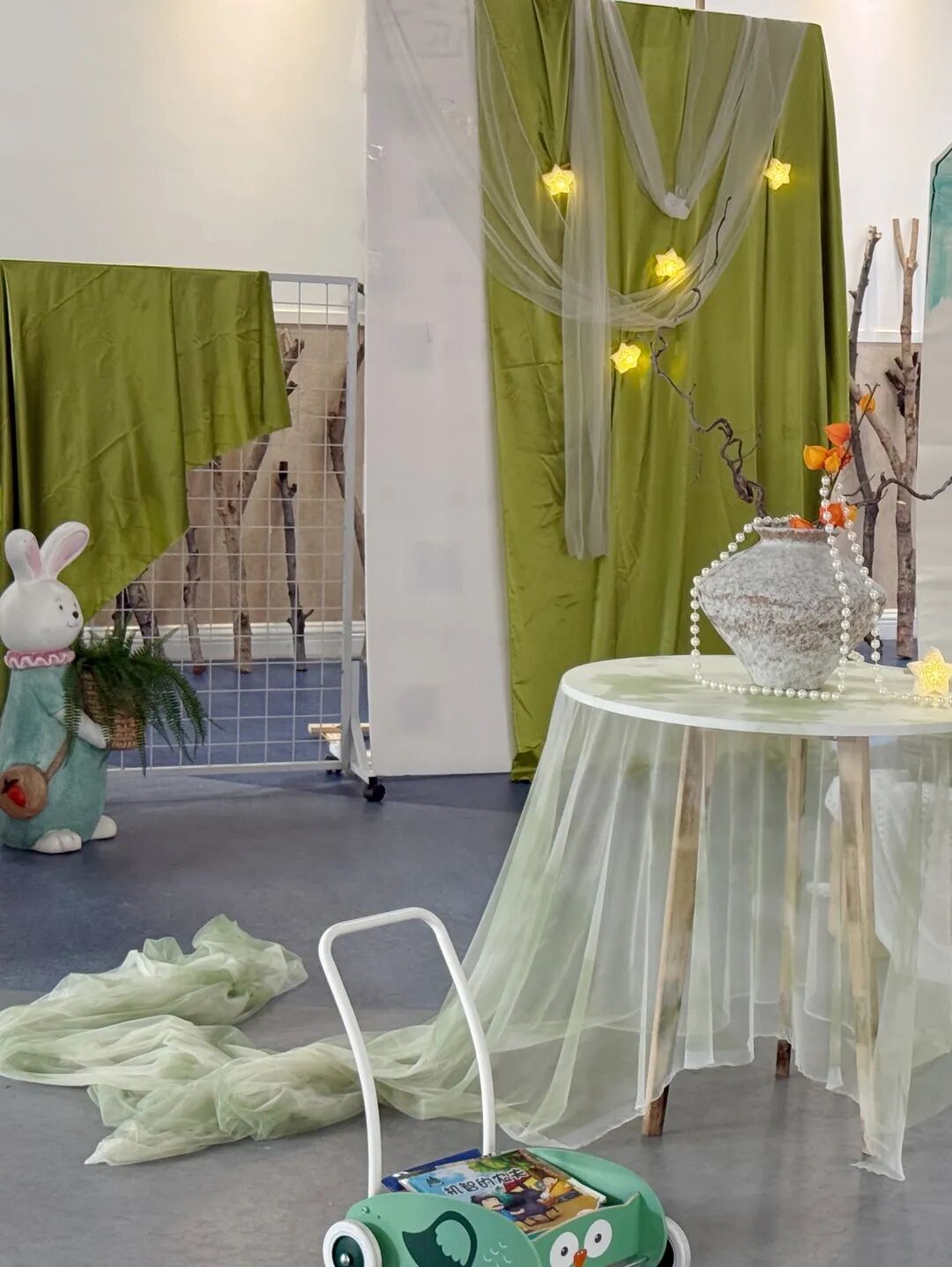马上就要迎来一年一度的小年了,很多人都知道南方和北方小年相差一天,那南方小年和北方小年具体有什么不同与相同之处呢?我们一起来看看吧!
The annual New Year is about to be ushered in, and many people know that the difference between the South and the North is one day, so what are the differences and similarities between the South and the North Year? Let’s take a look!
The time is different
北方小年是腊月二十三,南方小年一般是腊月二十四,江浙沪地区则把“腊月二十四”和“除夕前夜”都称为小年。
其实,早在宋朝,就有腊月二十四过小年的记载,所以腊月二十四的小年习俗历史是最悠久的。因此,从传统文化角度来看,南方人过的才是正宗的小年,或者有人要问啦,北方为何要提前一天过小年呢?
还要从清朝说起,雍正年间,皇帝每年腊月二十三在坤宁宫祭祀天神,汇报这一年来的工作情况,为了不重复祭祀,顺便把灶神也拜了,后来这一天祭祀灶神的传统被保留下来。
而无论哪天过小年,人们辞旧迎新的愿望确实一致的,小年被视为过年的开端。
The northern year is the 23rd month of the lunar month, the southern small year is generally the 24th month of the lunar month, and the Jiangsu, Zhejiang and Shanghai regions refer to the “24th lunar month” and “Chinese New Year’s Eve” is as the small year.
In fact, as early as the Song Dynasty, there were records of the 24th lunar month of the lunar New Year, so the history of the 24th lunar month is the longest. Therefore, from the perspective of traditional culture, southerners live an authentic New Year, or some people want to ask, why do the north celebrate the New Year one day earlier?
Also from the Qing Dynasty, Yongzheng years, the emperor every year on the twenty-third day of the lunar month in Kunning Palace to worship the gods, report the work of the year, in order not to repeat the sacrifice, by the way the god of the stove also worshipped, and later the tradition of sacrificing the god of the stove on this day was preserved.
And no matter which day the New Year is celebrated, people’s desire to say goodbye to the old and welcome the new is indeed the same, and the New Year is regarded as the beginning of the New Year.
The customs are different
北方人和南方人过小年的不同一:吃糖瓜、饴糖、麻糖
The difference between northerners and southerners in the New Year is that they eat sugar melons,caramel sugar,and hemp sugar
北方小年习俗:糖瓜、饴糖、麻糖等吃食本为给灶王爷嘴上抹得吃食,逐渐演变成了小孩小年必吃的零食。晋西北有“二十三吃麻糖,吃不上麻糖啃指头”的俗话。
而南方小年没有吃糖瓜、饴糖、麻糖的习俗。
Northern New Year’s customs: Sugar melon, caramel sugar, hemp sugar and other foods were originally eaten to the mouth of the stove prince, and gradually evolved into a must-eat snack for children. There is a saying in the northwest of Shanxi Province that “twenty-three eat hemp sugar, and you can’t eat hemp sugar and gnaw your fingers”.
In the south, there was no custom of eating sugar melons, starch syrup, and hemp sugar.
北方人和南方人过小年的不同二:吃火烧
The difference between northerners and southerners in the New Year is that they eat fire
北方小年习俗:祭灶这天除吃灶糖之外,火烧也是很有特色的节令食品,每到腊月二十三祭灶这天,城市中的烧饼摊点生意非常兴隆。
而南方小年没有吃火烧的习俗。
Northern New Year’s customs: in addition to eating stove sugar on the day of the sacrificial stove, the fire is also a very characteristic festival food, every day on the twenty-third day of the lunar month, the business of the baked cake stall in the city is very prosperous.
And in the south, there is no custom of eating fire burned items.
|
|
|
北方人和南方人过小年的不同三:贴窗花
The difference between northerners and southerners in the New Year :pasting window flowers
北方小年习俗:剪贴窗花是最盛行的民俗活动。内容有各种动、植物等掌故,如喜鹊登梅,孔雀戏牡丹,狮子滚绣球,三羊(阳)开泰,二龙戏珠,鸳鸯戏水等等。贴上窗花寓意着新的一年越来越好。剪好窗花后贴在打扫一新的屋子里,自然为家中增添不少喜气。
南方小年没有贴窗花的习俗。
Northern New Year customs: Cutting and pasting window flowers is the most popular folk activity. The content has a variety of animals, plants and other stories, such as magpie Dengmei, peacock peony, lion hydrangea, three sheep (yang) Kaitai, two dragons play beads, mandarin ducks play in the water and so on. Sticking window grilles means that the new year is getting better and better. After cutting the window grilles and pasting them in the newly cleaned house, it naturally adds a lot of joy to the home.
There is no custom of pasting window flowers in the southern year.
北方人和南方人过小年的不同四:沐浴理发
The difference between northerners and southerners in the New Year:bathing and haircuts
北方小年习俗。民间有“有钱没钱,剃头过年”的说法。而沐浴理发的活动,多集中在小年前后进行。
南方小年没有沐浴理发的习俗,南方是除夕前沐浴理发。
Northern New Year customs. There is a saying among the people that “if you have money or not, shave your head for the New Year”. The activities of bathing and haircutting are mostly concentrated around the beginning of the year.
There is no custom of bathing and haircutting in the southern year, and in the south, it is a bathing and haircut before Chinese New Year’s Eve.
北方人和南方人过小年的不同五:赶乱婚
The difference between northerners and southerners in the New Year:to get married in disorder
北方小年习俗。过了二十三,民间认为诸神上了天,百无禁忌。娶媳妇、聘闺女不用择日子,称为赶乱婚。民谣有“岁晏乡村嫁娶忙,宜春帖子逗春光。灯前姊妹私相语,守岁今年是洞房”的说法。
南方小年没有赶乱婚的习俗。
Northern New Year customs. After twenty-three, the folk believe that the gods have gone to heaven and there are no taboos. Marrying a daughter-in-law or hiring a daughter does not need to choose a date, which is called a chaotic marriage. The folk song has “Sui Yan is busy marrying in the countryside, and Yichun posts amuse spring.” The sisters in front of the lamp whispered to each other, “This year is a cave house”.
There was no custom of chaotic marriage in the southern year.
|
|
|
北方人和南方人过小年的不同六:吃饺子
The difference between northerners and southerners in the New Year:eating dumplings
北方小年习俗。北方的每个节日几乎都会有饺子的身影,小年夜吃饺子,取意“送行饺子迎风面”。山区多吃糕和荞面。晋东南地区,流行吃炒玉米的习俗,民谚有“二十三,不吃炒,大年初—一锅倒”的说法。人们喜欢将炒玉米用麦芽糖粘结起来,冰冻成大块,吃起来酥脆香甜。
Eating dumplings
Northern New Year customs. Dumplings are almost every festival in the north, and eating dumplings on Chinese New Year’s Eve means “sending off dumplings to the wind”. In mountainous areas, eat more cakes and buckwheat noodles. In the southeast of Shanxi Province, the custom of eating fried corn is popular, and the folk proverb has the saying of “twenty-three, do not eat fried, at the beginning of the new year – a pot is poured”. People like to bond fried corn with maltose, freeze it into large pieces, and taste crispy and sweet.
那看完上面的文字后,是不是觉得咱们北方人过小年也是很热闹的,但是现在南北方过小年的差别并不是很大,除了时间不一样以外,很多东西都普通化了,没有什么本质的区别,都是一家人一起团聚吃饭的时光。
After reading the above text, do you think that our northerners are also very lively in the New Year, but now the difference between the north and the south is not very big, except for the different times, many things are ordinary, there is no essential difference, it is a time for the family to reunite and eat together.
北方人和南方人过小年的相同一:掸尘
Northerners and southerners have the same thing about their childhood: dusting
“掸尘”是南方与北方共有的习俗。
南北方小年这一天家家户户黎明即起,扫房擦窗,清洗衣物,刷洗锅瓢,实施干净彻底的卫生大扫除。小年的前几天,家家打扫房屋,意为不让灶王爷把土带走。据《拾遗记》记载此俗可追溯到三千多年前,当时它汉先民驱疫鬼,祈安康的宗教仪式。后“尘”与“陈”谐音,故扫尘也就是把陈旧的东西一扫而光,这既指庭院内的陈年积垢,也指旧岁中遇到的不快。
“Dusting” is a custom shared by both the South and the North.
On this day of the New Year in the north and south, every household starts at dawn to sweep the house, clean the windows, wash the clothes, scrub the pots and scoops, and carry out a clean and thorough cleaning. A few days before the New Year, the family cleaned the house, meaning not to let the stove prince take the soil away. According to the “Collected Memories”, this custom can be traced back to more than 3,000 years ago, when it was a religious ritual for the Han ancestors to drive away epidemic ghosts and pray for good health. After “dust” and “Chen” homonym, so sweeping dust is to sweep away the old things, which not only refers to the old dirt in the courtyard, but also refers to the unhappiness encountered in the old years.
北方人和南方人过小年的相同二:灶王爷
Northerners and southerners spend the same two years of their childhood: sacrificing to the king of the stove
南方与北方共有的习俗。小年这天,也是民间祭灶的日子。民间传说,每到小年,灶王爷都要上天向玉皇大帝禀报这家人的善恶,让玉皇大帝赏罚。因此送灶时,人们在灶王像前的桌案上供放糖果、清水、料豆、秣草;其中,后三样是为灶王升天的坐骑备料。
祭灶时,还要把关东糖用火融化,涂在灶王爷的嘴上。这样,他就不能在玉帝那里讲坏话了。另外,大年三十的晚上,灶王还要与诸神来人间过年,那天还得有“接灶”、“接神”的仪式。等到家家户户烧轿马,洒酒三杯,送走灶神以后,便轮到祭拜祖宗。
A custom shared by the South and the North. On this day, it is also the day of the folk sacrifice stove. Folklore has it that every small year, the Lord of the Stove has to go to heaven to report the good and evil of the family to the Jade Emperor, so that the Jade Emperor can reward and punish. Therefore, when the stove is delivered, people put candy, water, beans, and straw on the table in front of the statue of the king of the stove; Among them, the last three are prepared for the mount of the Stove King’s ascension.
When sacrificing to the stove, the Kanto sugar is melted with fire and applied to the mouth of the stove king. In this way, he can’t speak ill of the Jade Emperor. In addition, on the night of the thirtieth day of the Chinese New Year’s Eve, the king of the stove will come to the world with the gods to celebrate the New Year, and there must be a ceremony of “receiving the stove” and “receiving the gods” on that day. After every household burns a sedan chair horse, spills three cups of wine, and sends away the god of the stove, it is the turn to worship the ancestors.
生活即教育、教育即生活。浓郁的年味开始弥漫,培基幼儿园的老师和孩子们在动手、共同分享中了解小年,感受小年丰富的文化内涵,拓展生活经验。让我们一起来学习咱们本地的小年习俗吧!
Life is education, and education is life. The teachers and children of Peiji Kindergarten learned about Xiao Nian, felt the rich cultural connotation of Xiao Nian, and expanded their life experience. Let’s learn our local New Year’s customs!
扫尘土
Sweep up the dust
早起大扫除,扫房擦窗,清洗衣物,寓意着把陈旧的东西一扫而光。
Wake up early to clean, sweep the house and clean the windows, and wash the clothes, which means sweeping away the old things.
|
|
|
贴窗花
Window grilles
剪贴窗花是北方盛行的民俗活动,是中国民间艺术的一块瑰宝,作为我国的传统手工艺术,具有源远流长的历史。贴上窗花寓意着新的一年越来越好。
Cut-and-paste window grille is a popular folk activity in the north, a treasure of Chinese folk art, as a traditional handicraft art in China, has a long history. Sticking window grilles means that the new year is getting better and better.
|
|
|
吃饺子
Eat dumplings
北方的每个节日几乎都有饺子的身影,小年夜吃饺子取意为“送行饺子迎风面”。山区多吃糕和荞面。晋东南地区,流行吃炒玉米的习俗,民谚又“二十三,不吃炒,大年初一一锅倒”的说法。
Dumplings are almost present in every festival in the north, and eating dumplings on Chinese New Year’s Eve means “sending off dumplings to the wind”. In mountainous areas, eat more cakes and buckwheat noodles. In the southeast of Shanxi Province, the custom of eating fried corn is popular, and the folk proverb is “twenty-three, do not eat fried, and the pot is poured on the first day of the New Year”.
小年,意味着一年的结束,意味着新一年的开始,我们一季季更新这尘封的心境,伴随着新春的第一缕曙光,让我们共同期待新春佳节的到来。过了今天就是年,你准备好了吗?
The small year means the end of the year, means the beginning of the new year, we update this dusty state of mind season by season, with the first dawn of the new year, let us look forward to the arrival of the Spring Festival. Today is the New Year, are you ready?
扫描下方二维码
了解更多
望京园 Baston.Hope Kingdom:
(010) 64739197 64733884
太阳园 Baston.Sun Palace:
(010) 84413316 84413326
无限园 Baston. Infinity Plaza:
(010) 85738380 85738379
欧陆园 Baston.European Land:
(010) 58236013 59273452
绿城园 Baston.Green Town:
(010) 89316473 89316474
华溢园 Baston.Brilliant City:
(010) 59214810 59214820
首创园 Baston.Creation Square:
(0354) 2516655
培懿园 Baston.Virtue Garden:
(0754) 82772212 82772216
御景园 Baston.Empery Garden:
(0316) 2128662 2128379








